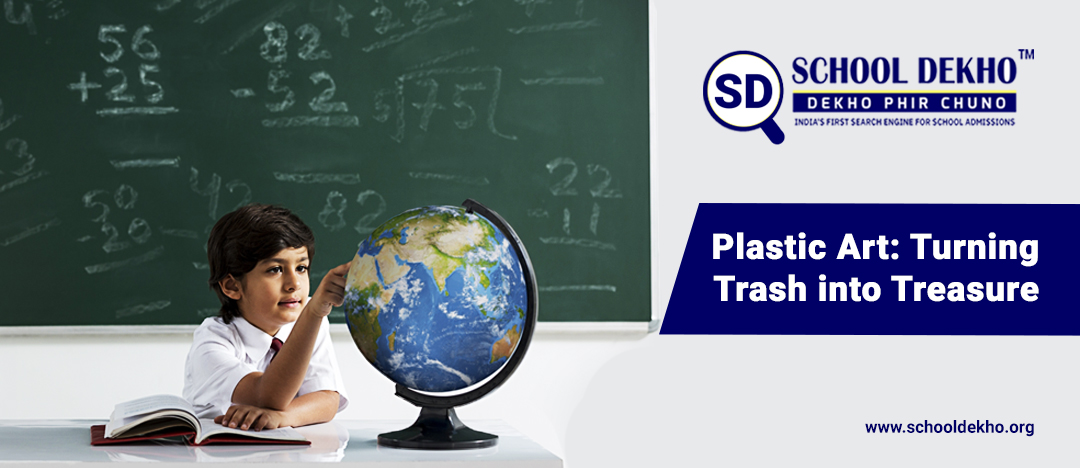
Plastic Art: Turning Trash into Treasure
In a world grappling with plastic pollution and environmental concerns, there's a growing movement that seeks to transform the problem into a source of inspiration and creativity. Enter the world of plastic art, where artists turn discarded plastic materials into stunning works of art.
In this blog, we'll explore the fascinating realm of plastic art and how it's turning trash into treasure.
A Second Life for Plastic Waste
Plastic art is a powerful testament to human ingenuity and our capacity to find beauty in unexpected places. Artists who work with plastic waste collect discarded items like bottles, bags, packaging, and more, breathing new life into them through their artistry.
The Diversity of Plastic as an Art Medium
One of the most intriguing aspects of plastic art is the sheer diversity of the medium. Artists use different types of plastic—transparent, colored, rigid, or flexible—and employ a wide range of techniques such as sculpting, molding, and even melting to create their pieces.
The Message Behind the Art
Beyond their aesthetic appeal, plastic art pieces often carry a powerful message about sustainability and our relationship with the environment. These artworks challenge viewers to confront the consequences of plastic waste while inspiring them to rethink their consumption habits.
Artists Leading the Plastic Art Movement
Numerous talented artists around the world are at the forefront of the plastic art movement. Explore the works of individuals like Aurora Robson, who creates intricate sculptures from plastic debris, or Sayaka Ganz, known for her stunning animal sculptures crafted from discarded plastic utensils.
The Impact on Local Communities
Plastic art isn't just about aesthetics; it also has the potential to drive positive change in local communities. Some artists engage with communities to collect plastic waste, creating not only art but also employment opportunities and awareness about recycling.
Turning Ocean Trash into Masterpieces
With plastic pollution plaguing our oceans, some artists have taken to coastal areas to collect plastic debris washed ashore and turn it into mesmerizing art installations. These installations serve as both a testament to the ocean's plight and a call to action for conservation.
Educational Outreach
Many plastic artists actively engage in educational initiatives, visiting schools and community centers to teach young learners about recycling, plastic waste reduction, and the transformative power of art.
The Concept of Upcycling
Plastic art embodies the concept of upcycling, where discarded materials are repurposed into something of greater value. By giving plastic waste a new life as art, artists inspire us to see the potential in what we might otherwise consider worthless.
The Consumer's Role in Plastic Art
As consumers, we play a crucial role in supporting the plastic art movement. By reducing our plastic consumption and properly recycling materials, we contribute to the availability of raw materials for these artists.
Art as a Catalyst for Change
Ultimately, plastic art serves as a potent catalyst for change. It encourages us to reevaluate our relationship with plastic, raise awareness about its environmental impact, and consider the transformative power of creativity in addressing global challenges.
In conclusion, plastic art is a testament to the human capacity to find beauty in unexpected places and turn trash into treasure. It's a celebration of creativity, sustainability, and the potential for positive change in the face of environmental challenges. As we appreciate the intricate beauty of these artworks, we're also reminded of our responsibility to reduce, reuse, and recycle to protect our planet for future generations.
Contact with Us
Call: 1800 - 2588 - 074
Mail: info@schooldekho.org
Student’s Best Education Portal | School Dekho | India's First School Search Engine | Best Schools Near Me | Find Schools Near Me | Dekho Phir Chuno
#dekhophirchuno







Leave your thought here
Your email address will not be published. Required fields are marked *